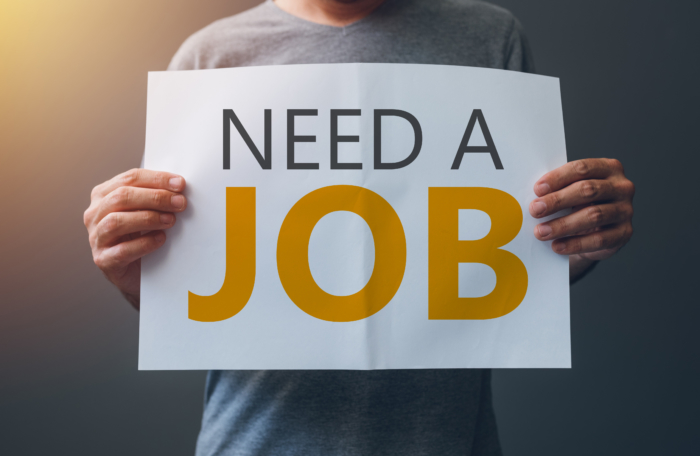A $15 minimum wage would put the population of N.H. out of work
Raising the federal minimum wage to $15 an hour would put approximately 1.3 million Americans out of work, the Congressional Budget Office concluded in a study released Monday. For perspective, that’s the equivalent of the entire population of New Hampshire.
The CBO found that a $15 minimum wage likely would
- “Boost workers’ earnings through higher wages, though some of those higher earnings would be offset by higher rates of joblessness;
- “Reduce business income and raise prices as higher labor costs were absorbed by business owners and then passed on to consumers; and
- “Reduce the nation’s output slightly through the reduction in employment and a corresponding decline in the nation’s stock of capital (such as buildings, machines, and technologies).
- “On the basis of those effects and CBO’s estimate of the median effect on employment, the $15 option would reduce total real (inflation-adjusted) family income in 2025 by $9 billion, or 0.1 percent.”
Those are the mid-range effects in the CBO’s analysis. The $15 minimum wage could cost as many as 3.7 million jobs, the study concluded. That’s more than the population of Connecticut.
New Hampshire legislators recently passed a bill to mandate a $12 minimum wage by 2022. The CBO study found similar but smaller effects for a $12 minimum wage. Job losses in the median range would reach around 300,000, or the equivalent of the entire population of Rockingham County.
“Like the $15 option, this option would boost wages, but it would also increase joblessness, reduce business income, raise prices, and lower total output in the economy,” the CBO wrote of the $12 minimum wage. “On balance, real family income in 2025 would fall by $1 billion, or less than 0.05 percent.”
Advocates of a higher minimum wage have challenged Gov. Chris Sununu to live on the $7.25 minimum wage for a week. But people earning the minimum wage are not typically heads of household. They tend to be young, single, and working part-time. It is an entry-level wage meant to give unskilled employees opportunities to enter the labor market and gain skills.
Artificially inflating entry-level wages prices the lowest-skilled workers out of the labor market, as the CBO analysis shows. A high minimum wage is, in effect, a subsidy for skilled workers that comes at the expense of unskilled workers.
Given a the effects a high minimum wage would have on employment, the better challenge is for activists to live for a week on zero dollars. That’s how much someone earns when his or her job opportunities are eliminated by an arbitrary, government-decreed wage floor.



